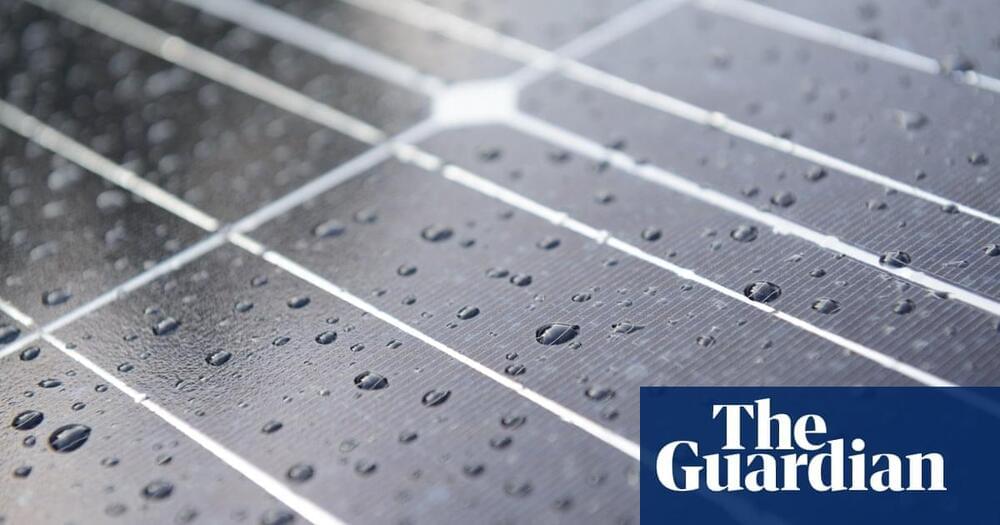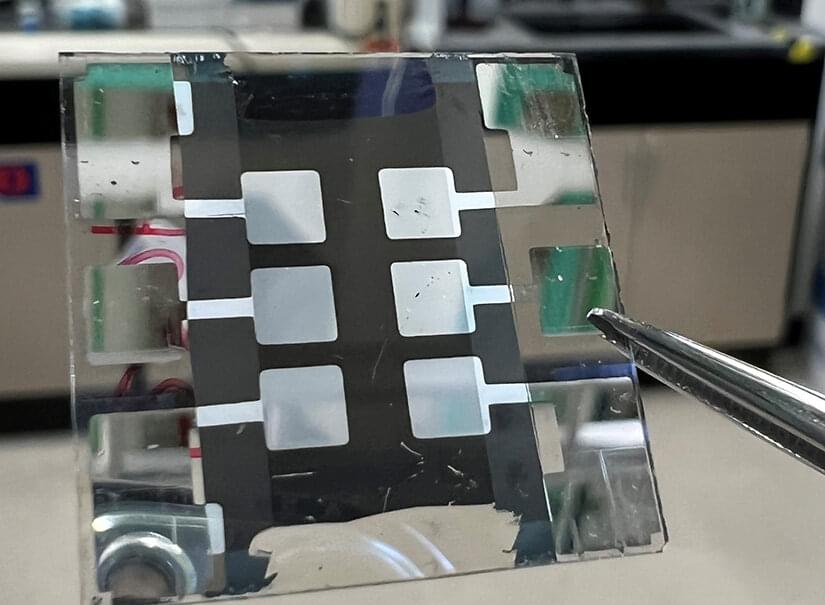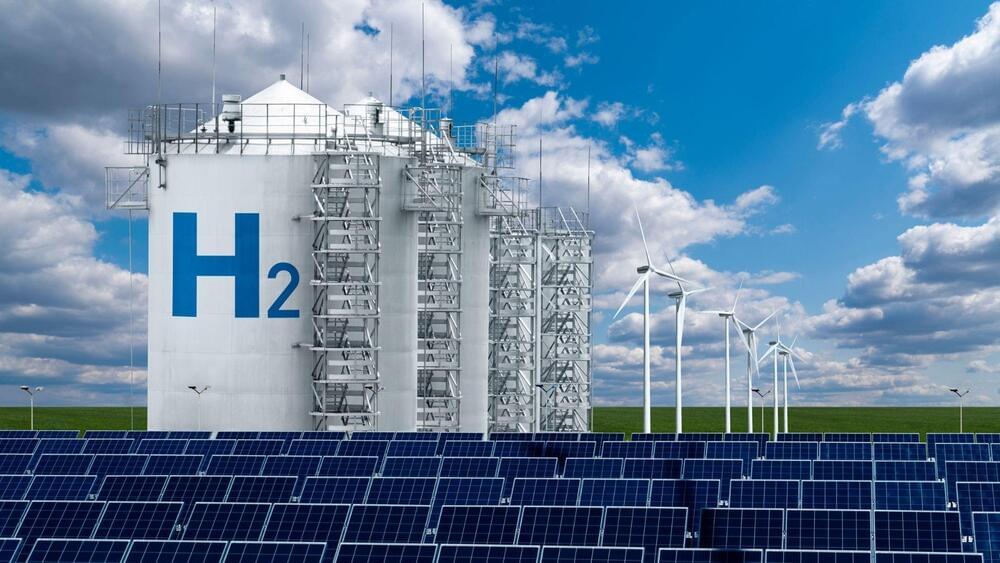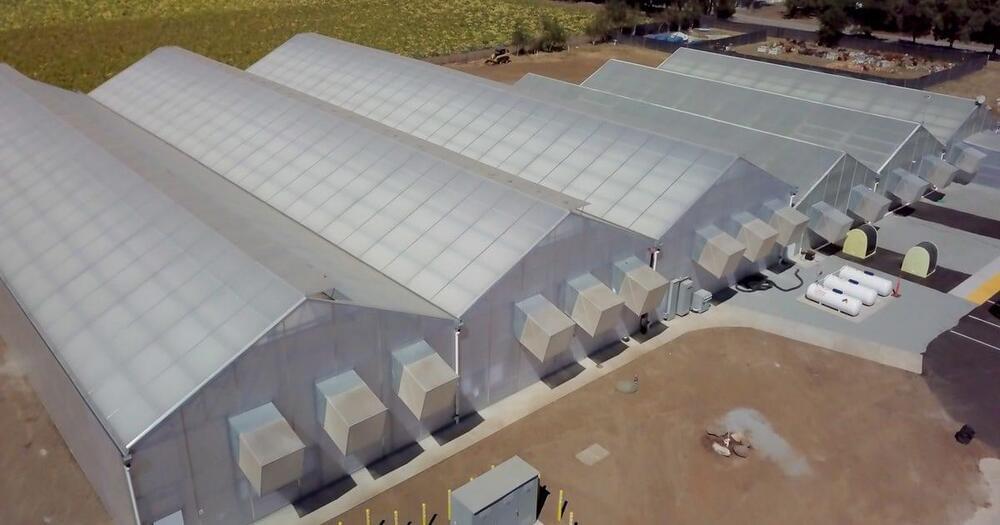Sep 8, 2022
Uber Taps Nuro’s Street-Legal Robots For Food Deliveries
Posted by Gemechu Taye in categories: food, law, robotics/AI, sustainability
Nuro, a Softbank-backed developer of street-legal autonomous, electric delivery vehicles, has struck a long-term partnership with Uber to use its toaster-shaped micro-vans to haul food orders, groceries and other goods to customers in Silicon Valley and Houston using the Uber Eats service starting this year.
People using the Uber Eats app in Houston and Mountain View, California (where Nuro is based) will be able to order deliveries using the new autonomous service this fall, with plans to expand the program to other parts of the San Francisco Bay Area in the months ahead, the companies said.
The SoftBank-backed developer of street-legal autonomous, electric vehicles, has a long-term partnership with Uber to use its toaster-shaped micro-vans to haul food orders, groceries and other goods in Silicon Valley and Houston.
Continue reading “Uber Taps Nuro’s Street-Legal Robots For Food Deliveries” »

















